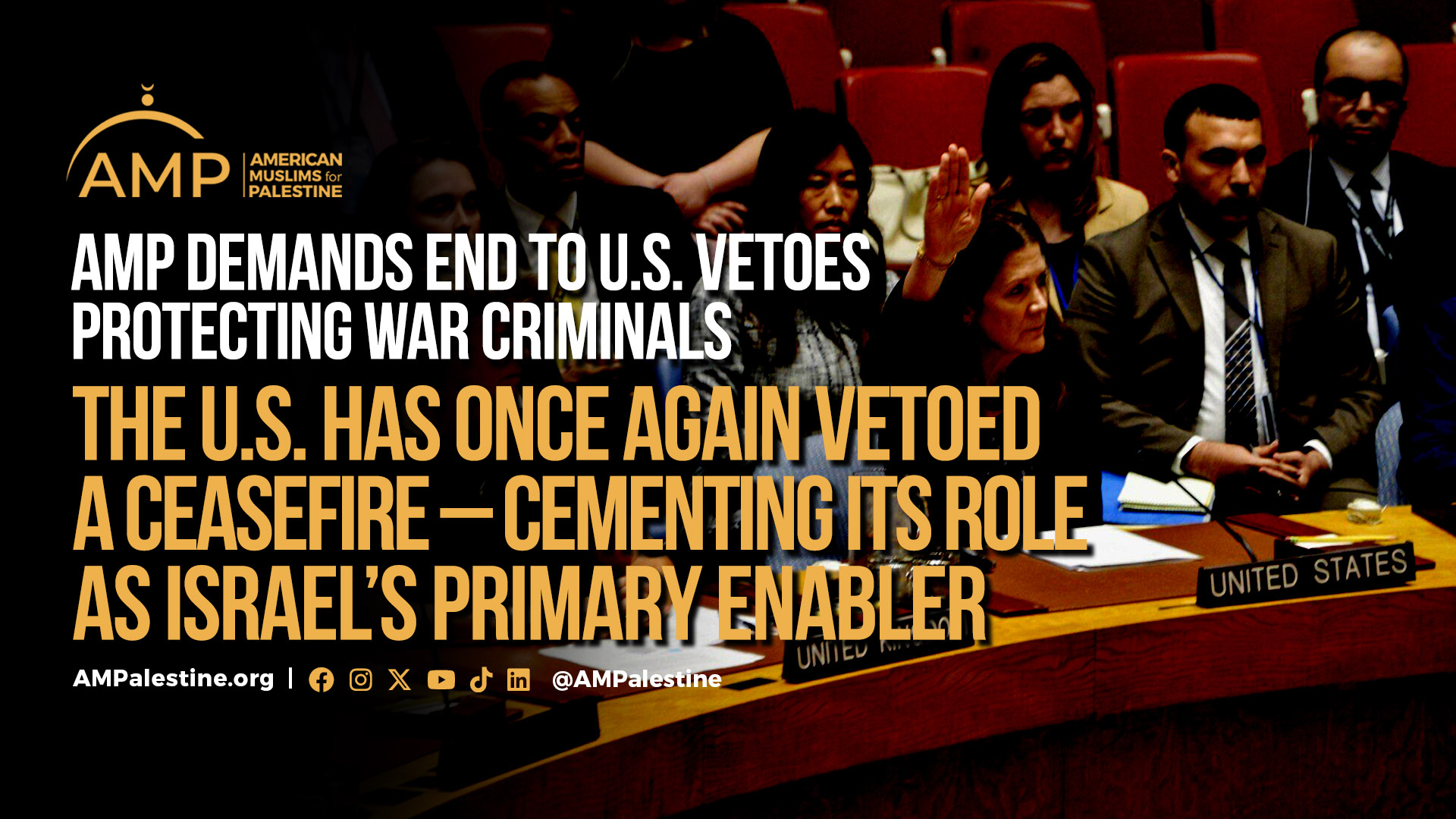Re-interpretation of Civil Rights Act threatens free speech at UC Santa Cruz
By Kristin Szremski
First printed in the San Jose Mercury News
Free speech and the unimpeded exchange of ideas are under attack on America's college campuses. Federal funding for institutions of higher education, including moneys for research and academic conferences, may be hanging in the balance.
In March, federal authorities from the Office of Civil Rights within the U.S. Department of Education announced they are investigating charges of anti-Semitism against UC Santa Cruz. This is the first investigation since Title VI of the Civil Rights Act was reinterpreted in October 2010, allowing Jewish students -- as members of a religious group -- to claim discrimination under a provision that previously applied only to racial and ethnic bigotry.
Possible Title VI violations also are being threatened at Rutgers University in New Jersey. On April 6, Zionist Organization of America President Morton Klein wrote a 15-page letter to Rutgers President Richard L. McCormick complaining the university violated Title VI by allowing multiple pro-Palestinian student activities on campus, one of which was sponsored by American Muslims for Palestine. The same allegations are being lobbed at UC Hastings College of Law for its conference, "Litigating Palestine: Can Courts Secure Palestinian Rights?"
The claims are absurd. Legitimate concerns about Israel's discriminatory policies against Palestinians should not be conflated with anti-Semitism.
A "Dear Colleague" letter issued by the civil rights office on Oct. 26, 2010, said discrimination against a student who is a member of a religious group violates Title VI when the discrimination is based on the group's "actual or perceived shared ancestry or ethnic characteristics "... or when it is based upon the student's actual or perceived citizenship or residency in a country whose residents share a dominant religion or a distinct religious identity," said David Thomas, U.S. Department of Education spokesman.
This reinterpretation now can be applied to Jewish students who claim universities create hostile environments if they allow pro-Palestinian events or even class lectures critical of Israeli policies.
To be sure, Jewish -- as well as Muslim -- students should be protected from discrimination. But the reinterpretation is being used to silence debate. That's a descent down a slippery slope many academics are unwilling to make.
"While some of the recent allegations "... might well raise a claim under Title VI, many others simply seek to silence anti-Israel discourse and speakers. This approach is not only unwarranted under Title VI, it is dangerous," Cary Nelson, president of the American Association of University Professors, and attorney Kenneth Stern, anti-Semitism expert with the American Jewish Committee, wrote recently in an open letter on AAUP's website.
If federal investigators find a university in violation of Title VI, it could lose federal funding. This is sensible so long as the bigotry is real and not a false claim based on students calling for Palestinian rights. The very real possibility of false charges threatens the open exchange of ideas on college campuses.
A university should address real anti-Semitism. But criticism of Israeli racism is anti-Semitism only in the mind of fanatics unwilling to accept even the possibility of Israeli wrongdoing.
Berkeley professor Hatem Bazian, a Palestinian-American who is also American Muslims for Palestine's chairman, asserts that instead of shutting down dialogue, those who distribute federal funding should be encouraging universities to examine the ramifications of the United States' support of Israel, because -- at $3 billion annually -- it is the largest recipient of our foreign aid.
With the current climate in the Middle East, America's campuses should be the springboard for creating new possibilities, not a wasteland absent of ideas due to a perhaps well-meaning but misused provision in the Civil Rights Act.



